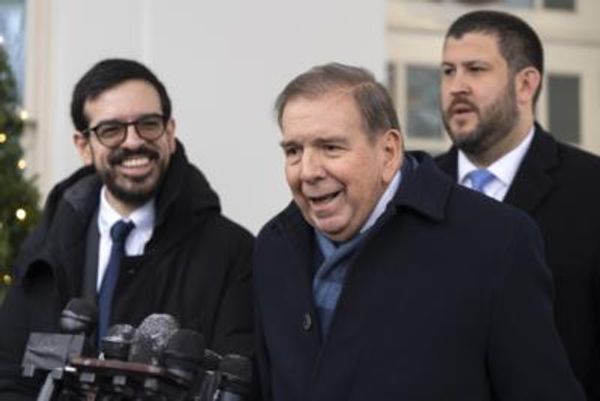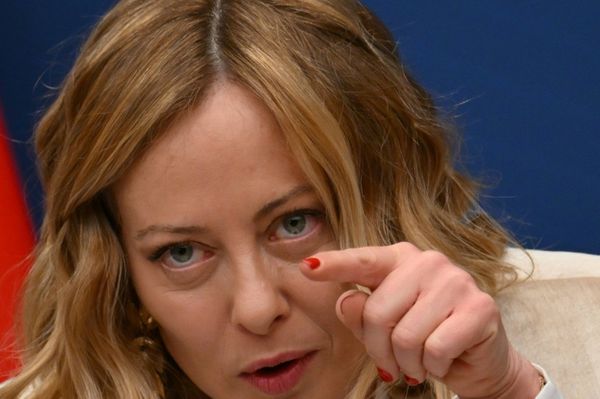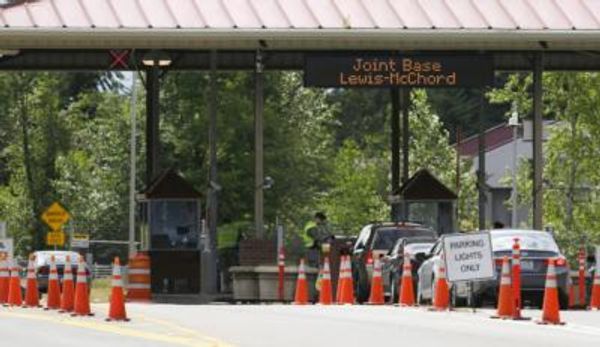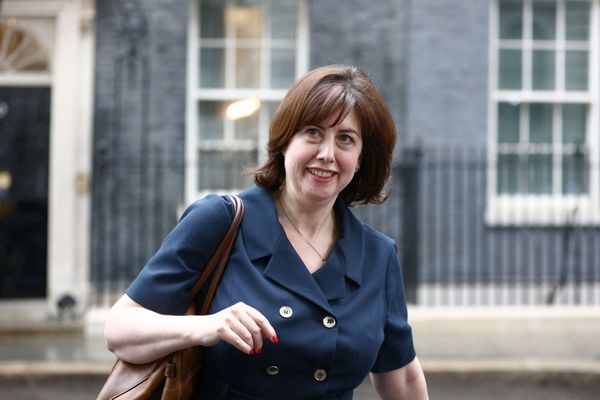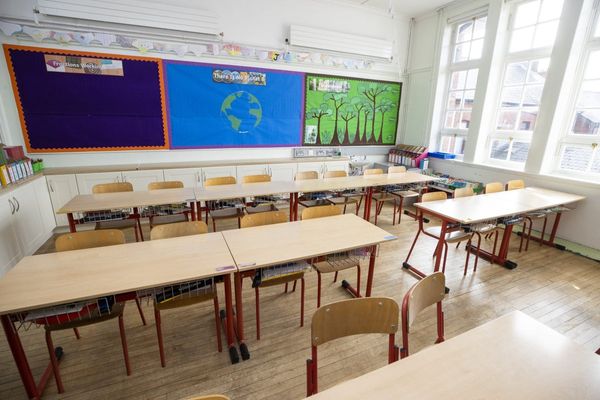
The global oil price has risen above $120 (£94.90) a barrel as record high petrol and diesel prices in the UK add to concerns about the inflationary pressure that families and businesses are facing.
Brent crude, the international benchmark, rose on Monday to $120 a barrel for the first time since late March, lifted by the easing of Covid-19 restrictions in Shanghai and Beijing, a move that could lead to higher demand for energy from China.
The possibility of a European ban on Russian oil imports also pushed up crude prices. European leaders have met to discuss next package of EU sanctions against Russia over its invasion of Ukraine.
Analysts said rising oil prices could stir further inflation fears as the world economy absorbed the impact of the war. A sustained rise may also fuel higher profits for energy firms, coming after the UK government announced a £5bn windfall tax on North Sea oil and gas producers to help fund financial support for households struggling with the cost of living.
Jeffrey Halley, a senior analyst at the financial trading firm OANDA, said: “Markets pricing in peak virus in Beijing and Shanghai are behind the rally in oil prices today, with a China reopening likely leading to increased oil consumption.
“Additionally, the EU Russian oil import ban is still a work in progress,, and if it gets over the line this week, expect supplies to tighten again. As such, the risks are now increasing of a move towards the post-Ukraine highs we saw in February.”
Brent crude started the year below $80 a barrel, but hit a 13-year high of more than $130 in early March as the US pushed for a ban on Russian oil imports. That drove inflation to its highest in decades in many economies, as heating and transport costs for households and businesses soared.
It is more expensive than ever to fill up at UK forecourts. Diesel hit a record 182.7p a litre on Saturday, according to data from Experian Catalist, taking the cost of filling up a 55-litre diesel car above £100 for the first time.
Boris Johnson has reportedly ordered ministers to find ways to “expose” petrol stations that fail to pass on the government’s fuel duty cut. Despite the chancellor, Rishi Sunak, launching a 5p-a-litre cut in March, prices have risen to further record highs.
Analysts said diesel exports from Russia had dropped sharply from their prewar levels. That is creating a supply squeeze just as demand picks up in many countries, including the US, where “driving season” has just begun – the summer period when demand for gasoline is typically at its peak.
The average UK petrol price rose to a record 172.7p a litre on Sunday. The RAC predicts further rises.
“With crude oil prices consistently above $115 a barrel last week, worse is sadly yet to come just in time for the jubilee bank holiday, particularly as petrol is now more expensive than diesel on the wholesale market,” said Simon Williams, the RAC’s fuel spokesperson.
